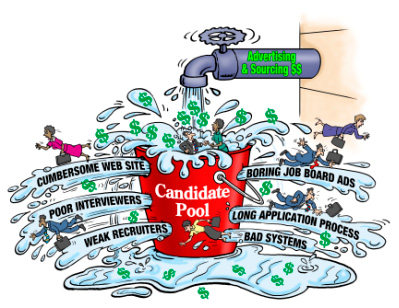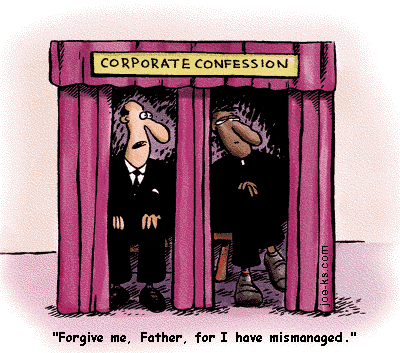Yesterday, our discussion focused on how social networking tools, such as LinkedIn, can hinder the development of a true network. While these tools are not inherently counterproductive, they often provide limited assistance in equipping a person to do the “real work” necessary to build relationships.
In Peter Weddle’s discussion of the topic (see yesterday’s discussion for more background), he states:
“Now, if you've ever been in a relationship, you know two things about them. First, you quickly learn that they are hard work. That's why the word is spelled the way it is: it's netWORK, not net-get-around-to-it-whenever-you-feel-like-it. And second, you come to appreciate that relationships take time to develop. They don't happen with the click of a mouse, whether you're on LinkedIn or Facebook or any other social or professional "networking" site.
You see, the Golden Rule of Networking is that you have to give as good as you get. It's fundamentally an exchange of information, ideas, and/or assistance from which both parties derive value. That mutual allocation of benefit establishes familiarity and trust, and those two factors are the twin pillars of a relationship. When networking is working, that's what creates a relationship.”
Peter does a great job of boiling down this issue to the most important point: People who are truly in your network are those in which you have developed familiarity and trust. Of course, those same people have also developed a common level of familiarity and trust with you.
In reality, most people have very small personal and professional networks. They don’t dedicate the time and maintain the focus necessary to put together something more significant. For most people, that’s OK. They don’t have the bandwidth or the strengths to do more. Most of us would agree that it’s better to have a close group of real friends than 1,000 contacts on LinkedIn.
However, if your job as a Hiring Manager or Recruiter depends upon networking for success, then you do yourself a disservice by focusing on shortcuts that amount to “not-working.” Here are some ideas that may help you be more effective at networking:
1. Dedicate a certain amount of time every day to real networking activities. Unless an activity is scheduled, it seems to get pushed back by urgent matters. Schedule a time each day to work on building and maintaining your network and stick to it.
2. Focus on providing something of value to the people around you. Reread what Peter said above: “[Networking is] fundamentally an exchange of information, ideas, and/or assistance from which both parties derive value.” He’s right.
3. Say "thank you." If you’re struggling to find ways to provide something of value to those around you, try simply expressing gratitude. A personal hand-written note or personal email is a great way to do this. In the note, let people know you appreciate them, or you’re thankful for something they said, or you’ve heard something positive about them and you’re thankful to have friends with good character like them, etc...
4. Ask for something. Remember, true network relationships are two-way streets. If you’re always providing the information, ideas, and assistance, and there is never any feedback from the other person, that’s a red flag. Occasionally, ask for something and see what happens. It could be something small, like a recommendation for a restaurant or advice on a problem. If a person is not even willing to help you with something small, you may need to find some new network contacts.
There are many more ideas out there. You’re welcome to leave a comment if you have a good idea that you think I’ve missed. Just don’t suggest that I spend more time building my contacts on LinkedIn!









